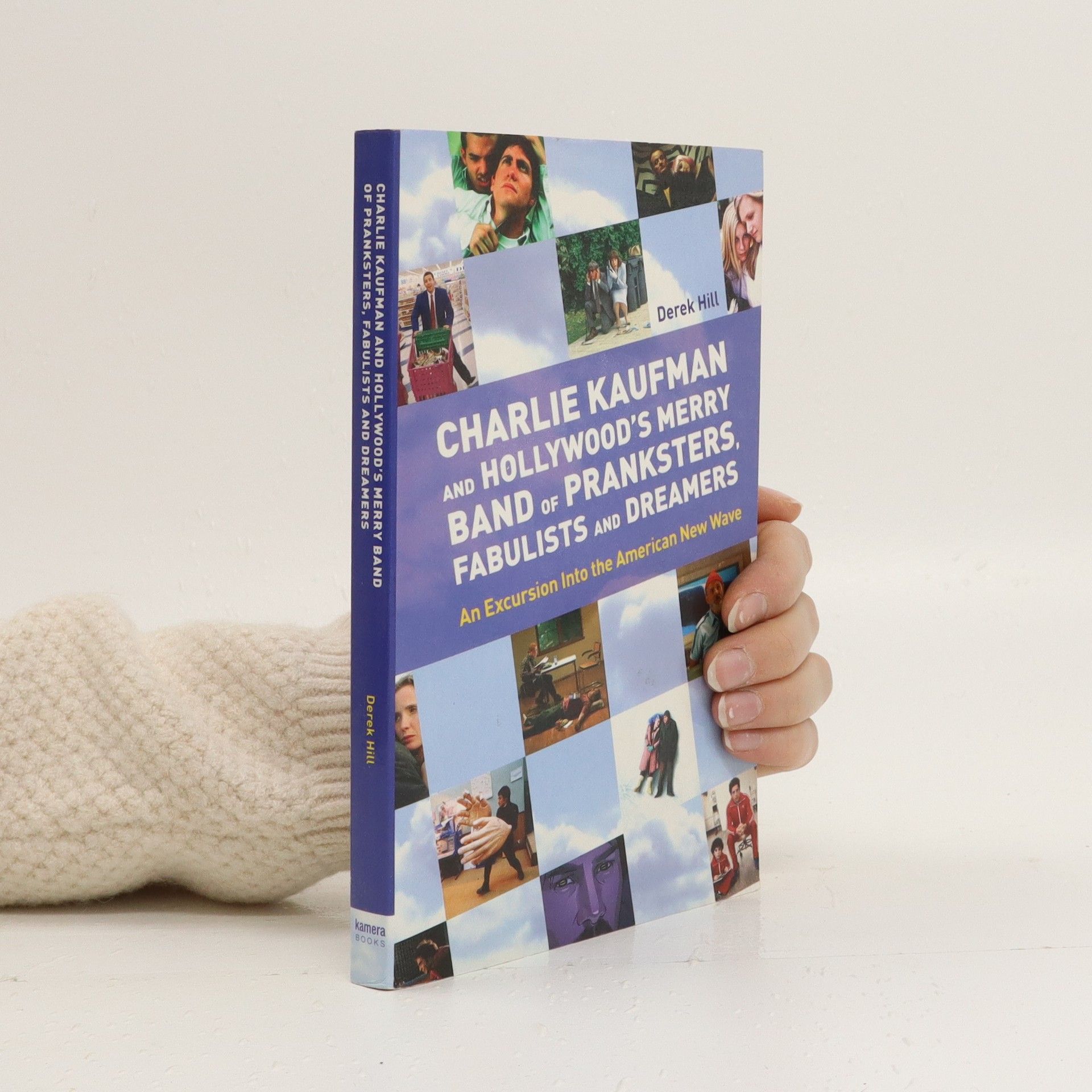Since the late 1990s, a subtle, subversive element has been at work within the staid confines of the Hollywood dream factory. Young filmmakers like Spike Jonze, Wes Anderson, Michel Gondry, David O. Russell, Richard Linklater, and Sofia Coppola rode in on the coattails of the independent film movement that blossomed in the early 1990s and have managed to wage an aesthetic campaign against cowardice of the imagination, much like their artistic forebears, the so-called Movie Brats—Coppola, Scorsese, De Palma, Altman, and Ashby among others—did in the 1970s. But their true pedigree can be traced back to the cinematic provocateurs of the Nouvelle Vague—such as Truffaut, Goddard, Chabrol, Rohmer, and Rivette—who, in the late 1950s and throughout the 1960s, liberated screens around the world with a series of films that challenged our assumptions of what the medium could offer and how stories could be told—all of them snapping with style as much as they delivered on ideas. Highly idiosyncratic yet intricately realized, accessible yet willing to overthrow the constraints of formal storytelling, surreal yet always grounded in human emotions, this new film movement captures the angst of its characters and the times in which we live, but with a wryness, imagination, earnestness, irony, and stylish wit that makes the slide into existential despair a little more amusing than it should be.
Derek Hill Boeken
Derek Hill creëert inzichtelijke analyses van filmische kunst, waarin hij zich verdiept in de creatieve methoden en narratieve strategieën van filmmakers. Zijn werk onderzoekt de films van vooraanstaande regisseurs en biedt lezers een dieper inzicht in het cinematografische landschap. De aanpak van Hill richt zich op de interpretatie van filmtaal en de impact ervan op het publiek. Zijn kritische perspectief biedt waardevolle inzichten voor filmliefhebbers.
